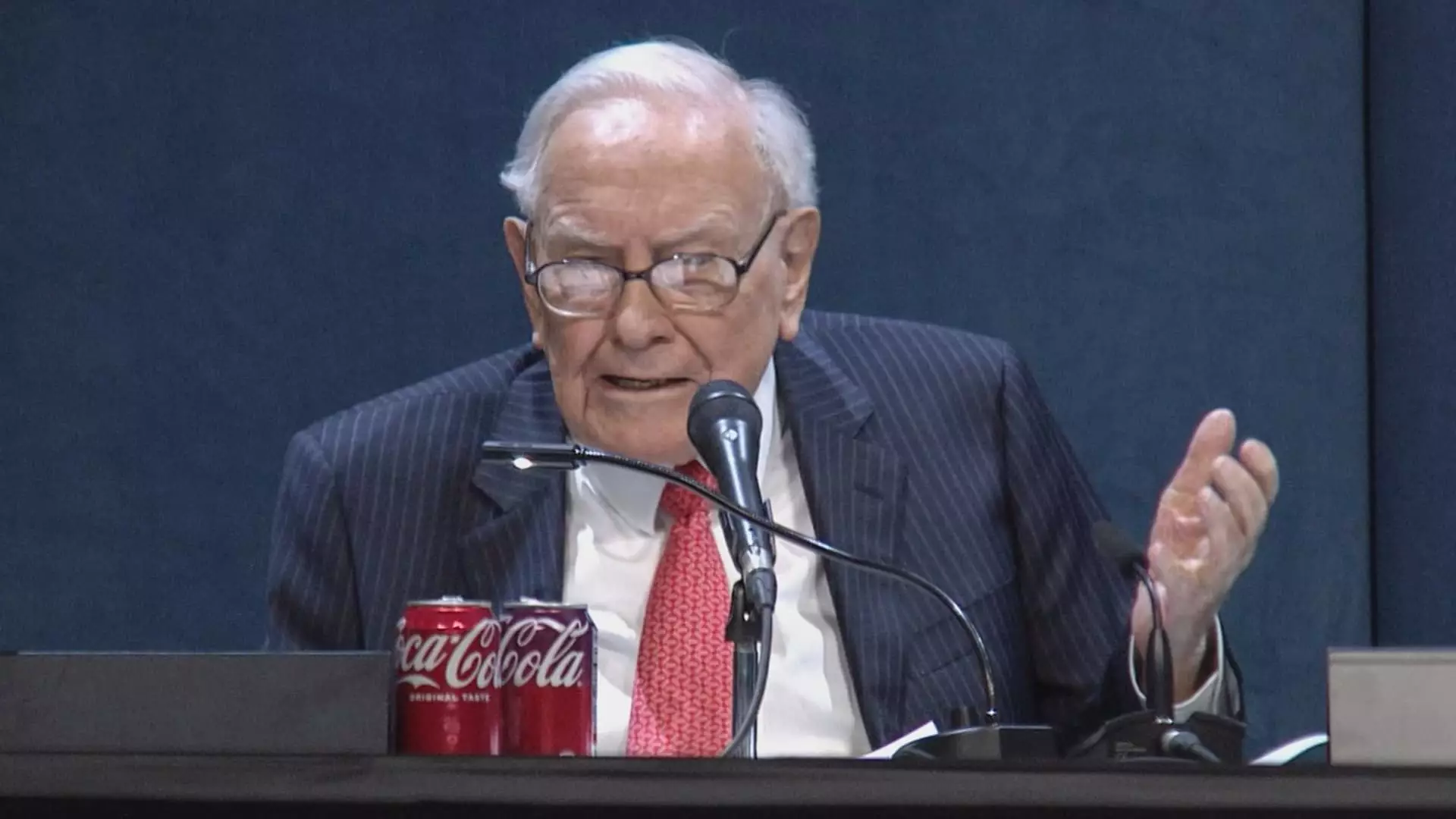Berkshire Hathaway’s latest earnings report reveals unsettling vulnerabilities within one of the most revered investment behemoths. Despite Warren Buffett’s legendary status and decades of savvy investing, recent numbers expose cracks beneath the surface. The company’s 4% drop in operating earnings, falling to $11.16 billion, underscores that even the most carefully curated conglomerates are not immune to economic headwinds. The decline, primarily driven by insurance underwriting setbacks, indicates that Buffett’s diversified empire now faces genuine operational headwinds, questioning whether his time-honored strategies can sustain growth in a rapidly shifting economic landscape.
Questionable Strategic Decisions: Selling, Halting, and Write-Downs
Berkshire’s aggressive stock-selling spree and the halt on share buybacks signal more than simple portfolio rebalancing; they suggest a strategic retreat. The firm’s decision to liquidate $4.5 billion worth of equities in just half a year reflects a cautious stance in a volatile market. Most troubling is the conglomerate’s first-ever $3.8 billion loss from Kraft Heinz, a longstanding holding that once symbolized Buffett’s prowess in value investing. This write-down isn’t merely a reflection of fluctuating market value but stark evidence of overoptimistic valuations and misjudgments about consumer staples’ resilience. Buffett’s acknowledgment that he overpaid for Kraft Heinz raises uncomfortable questions about his valuation discipline, especially as competitors adapt to a more intense and unpredictable consumer landscape.
Cash Hoard and the Elusive Search for Growth
While Berkshire remains flush with nearly $344 billion in cash—a record high—this abundance of liquidity appears more like a strategic limbo than a proactive stance. The firm’s continued lack of significant acquisitions or share repurchases during a troubling market downturn hints at indecision or perhaps a reluctance to deploy capital amid uncertainty. Such hesitation could dampen future growth prospects, especially in a century where agility and timely investments dictate long-term success. Critics might argue that Buffett’s “pair of safe hands” approach is becoming increasingly outdated, unable to keep capturing value as markets evolve faster than ever before.
The Future of Berkshire and Buffett’s Legacy in the Balance
The upcoming leadership transition, with Greg Abel poised to take over as CEO at the end of 2025, is injecting additional volatility into Berkshire’s outlook. Investors are rightfully uneasy about whether Buffett’s conservative, long-term focus can be effectively passed on or if it risks fading into irrelevance as younger competitors adopt more aggressive strategies. Meanwhile, the market’s reaction—a more than 2% decline in Berkshire’s shares—reflects a growing anxiety that the “oracle of Omaha” might be losing his touch or that the empire he built is losing its resilience. It is no longer enough to rely on Buffett’s timeless wisdom; now, it demands a willingness to adapt, recalibrate, and confront the harsher realities of a world that favors agility over tradition.

